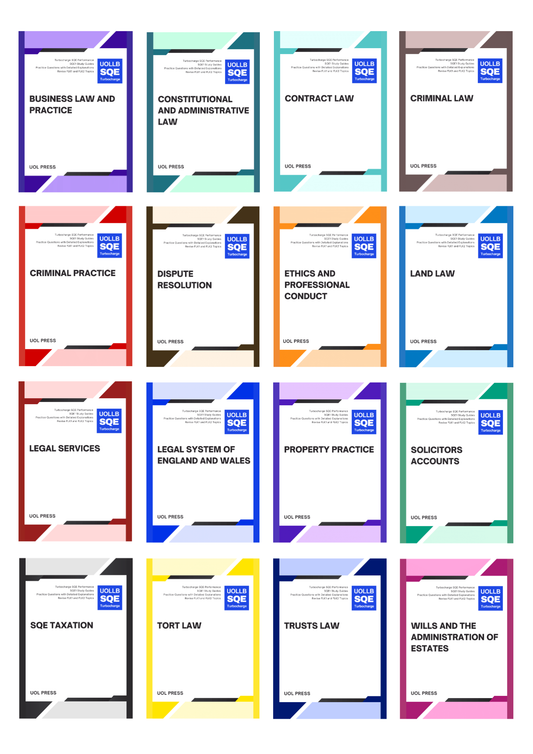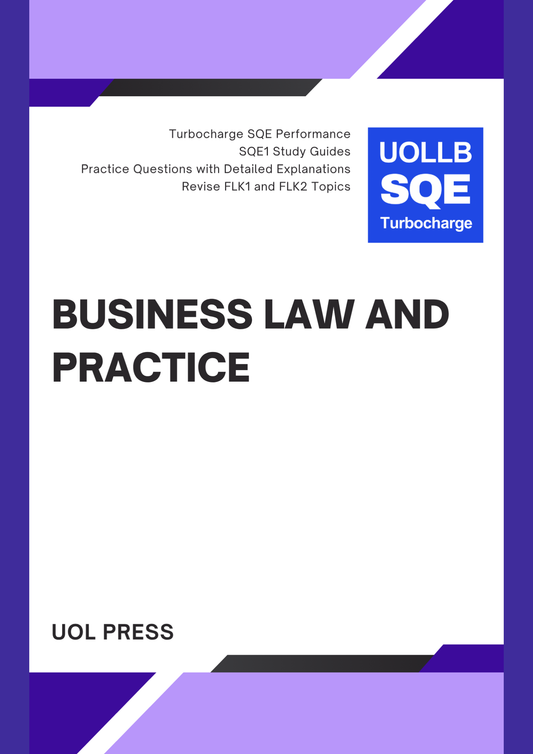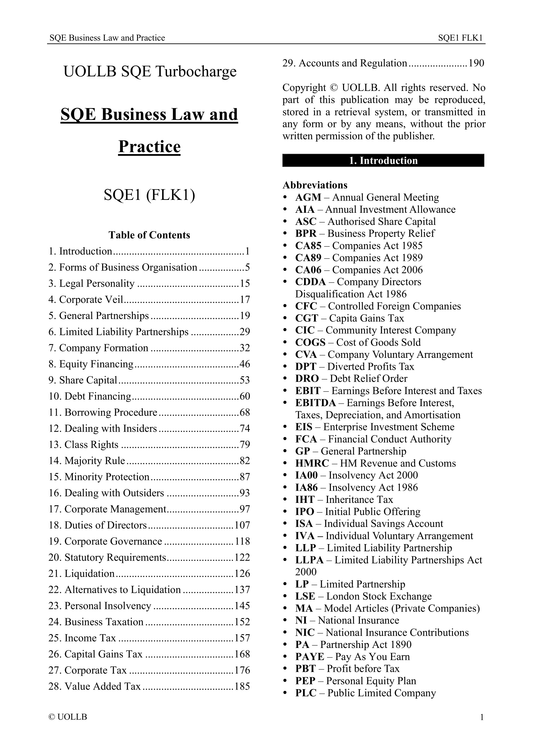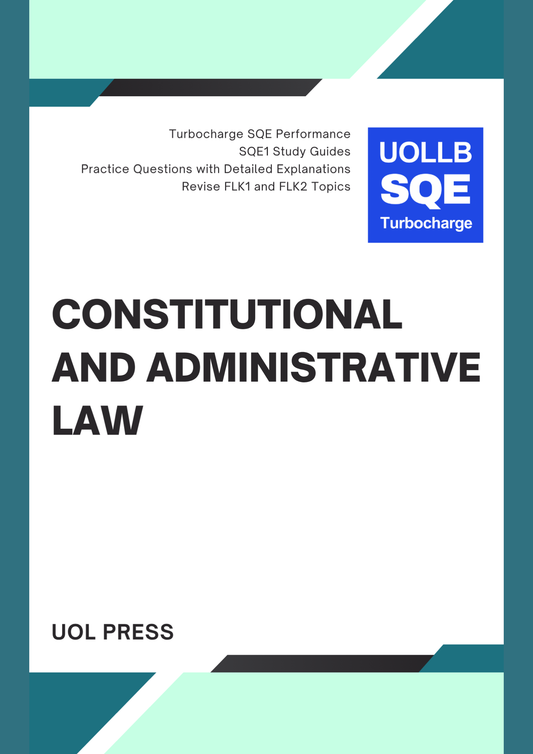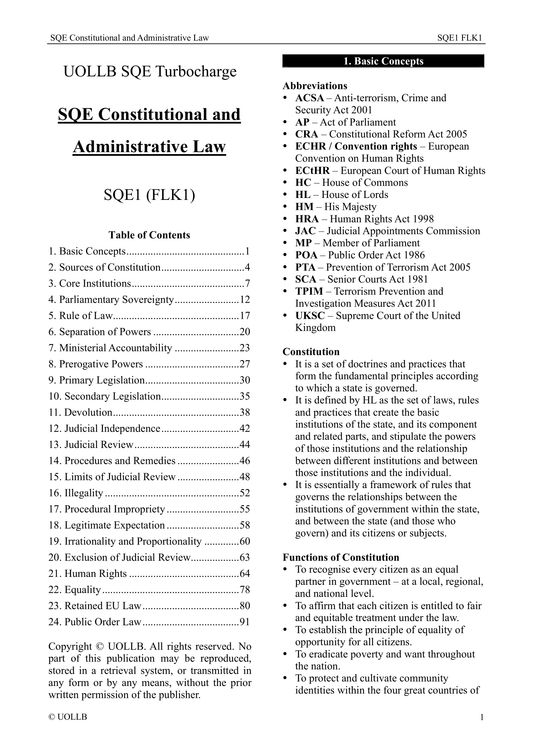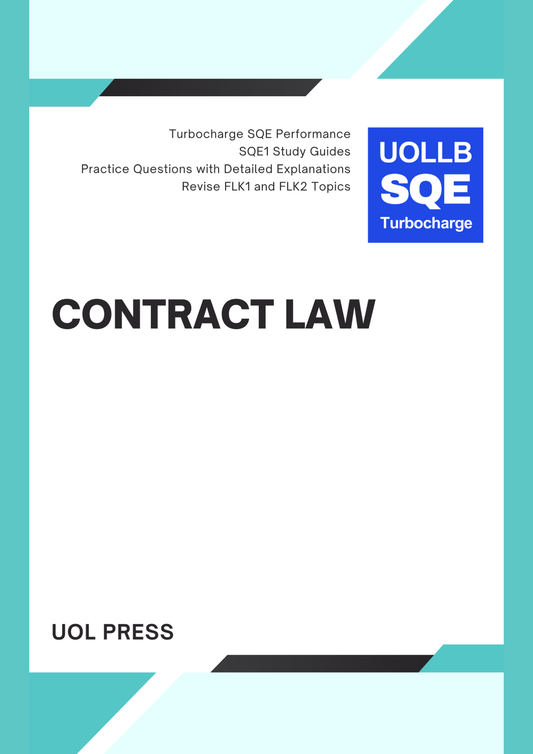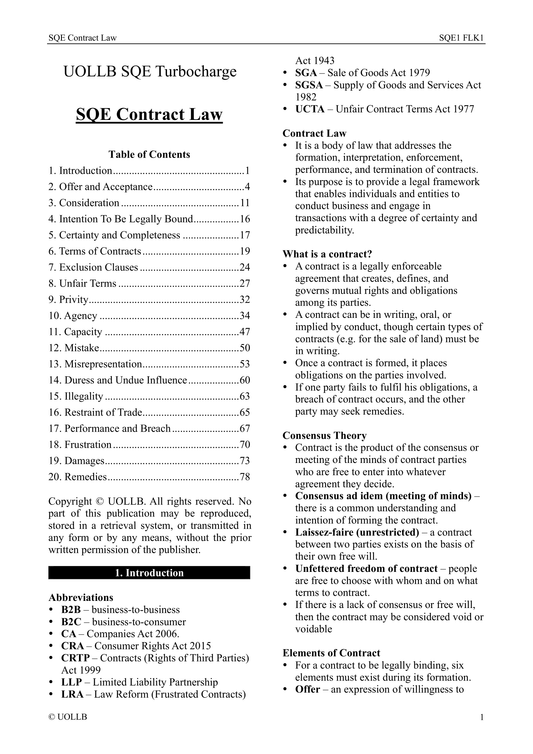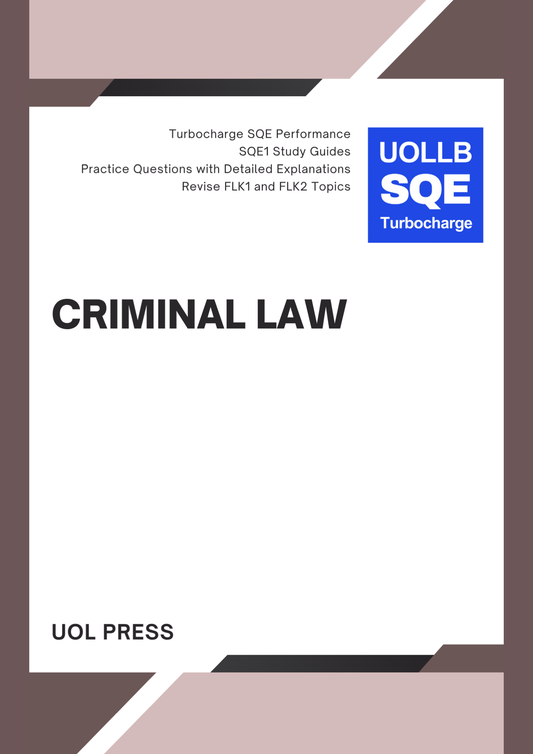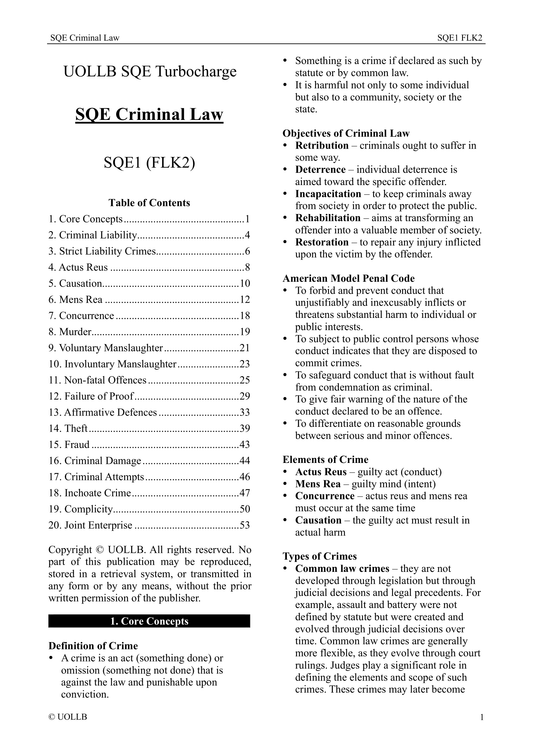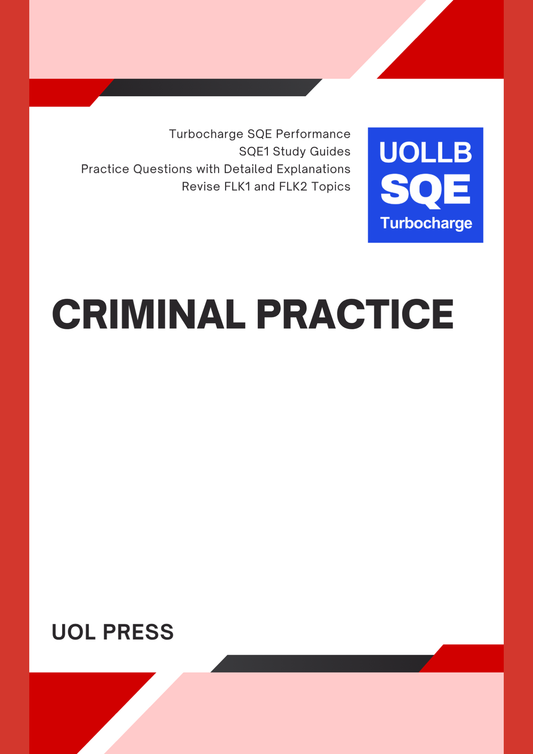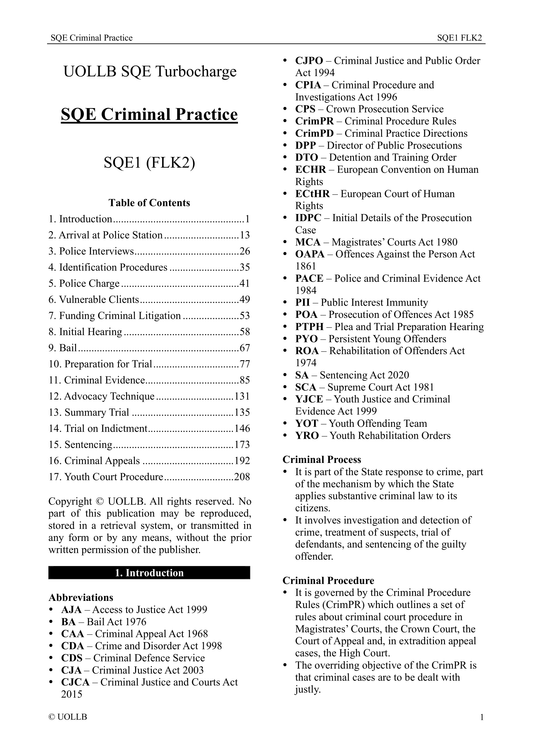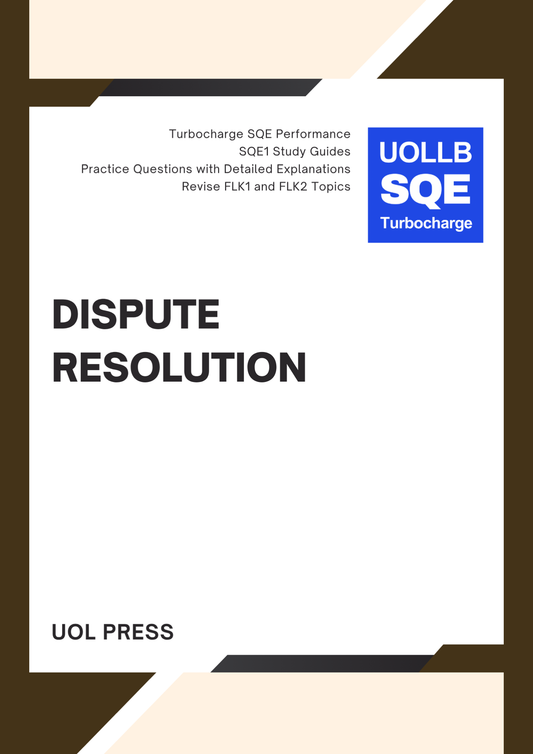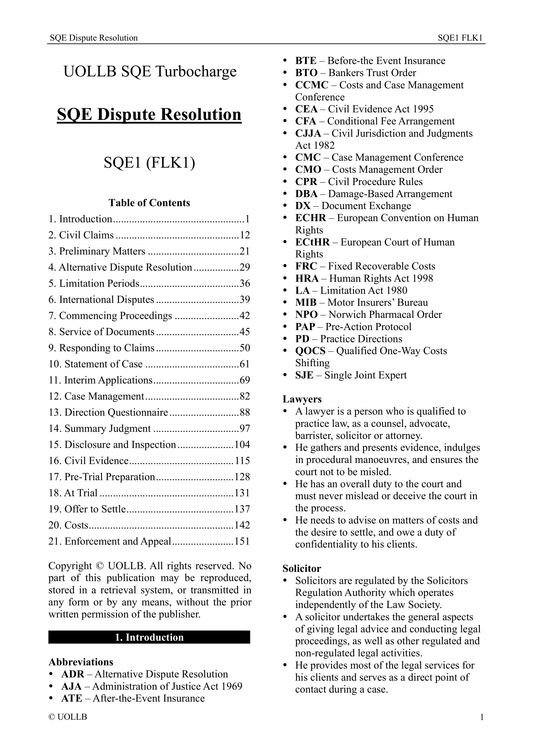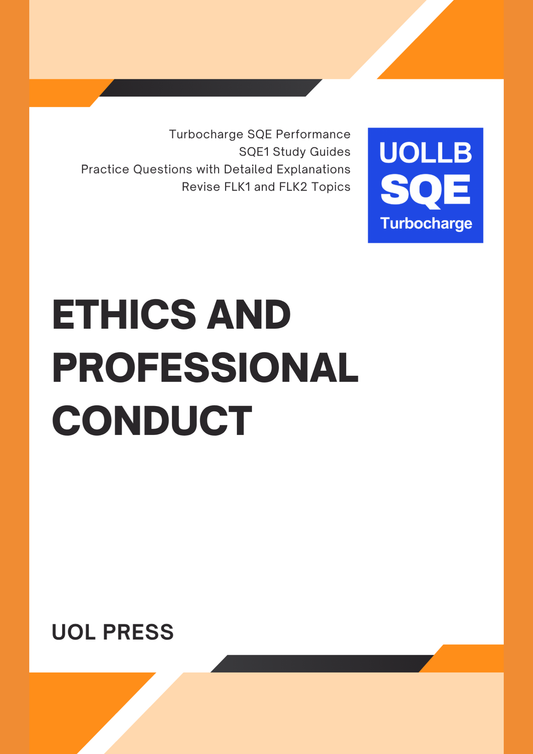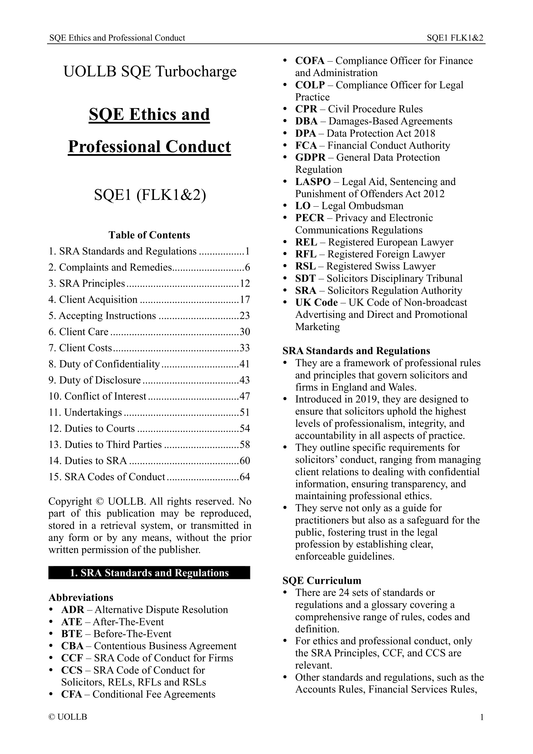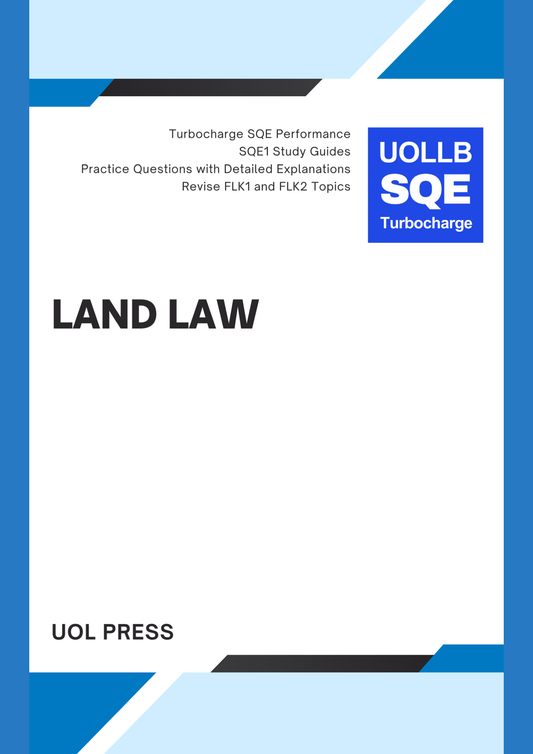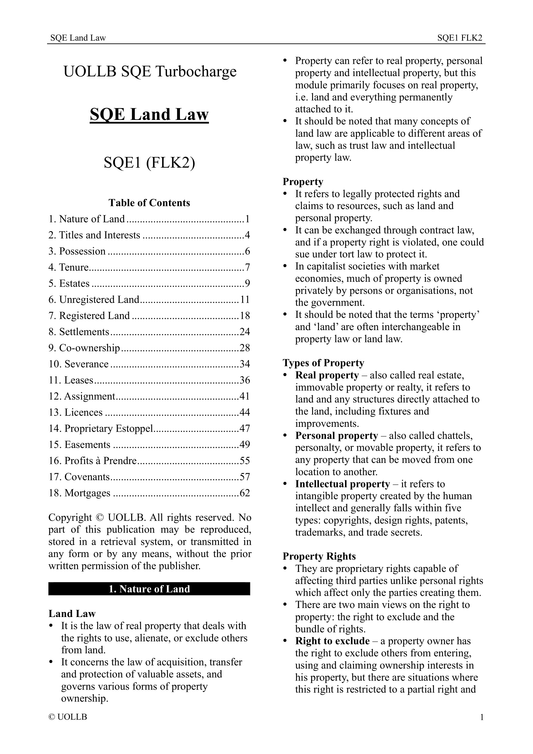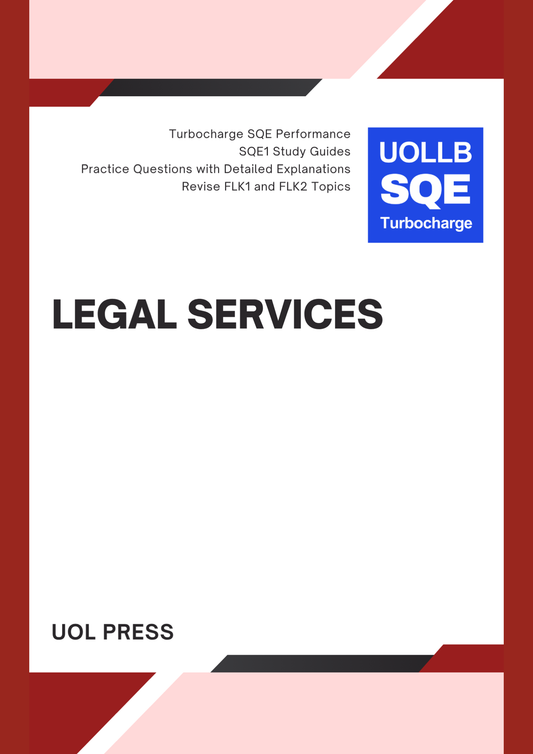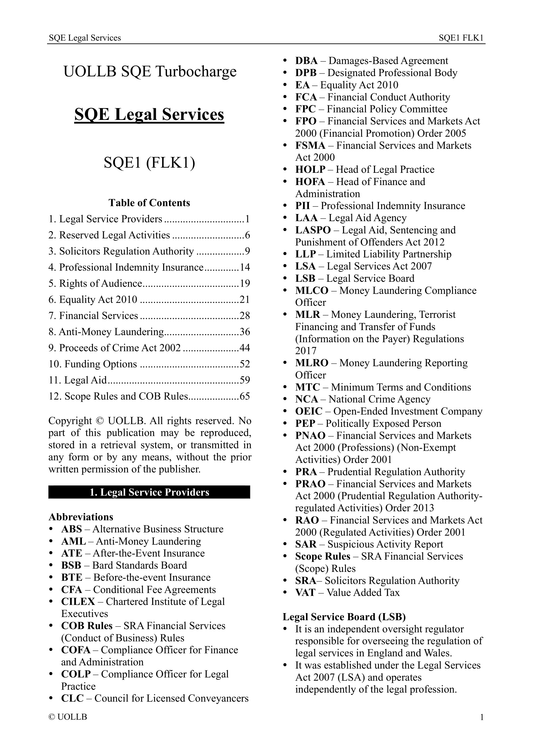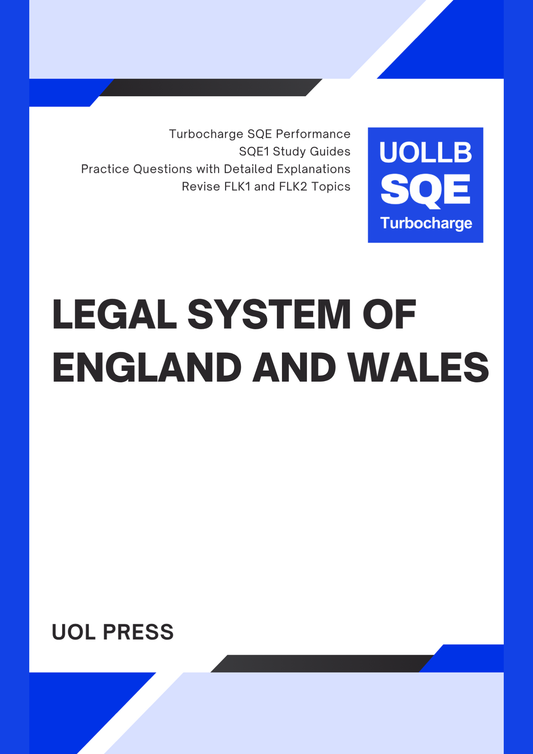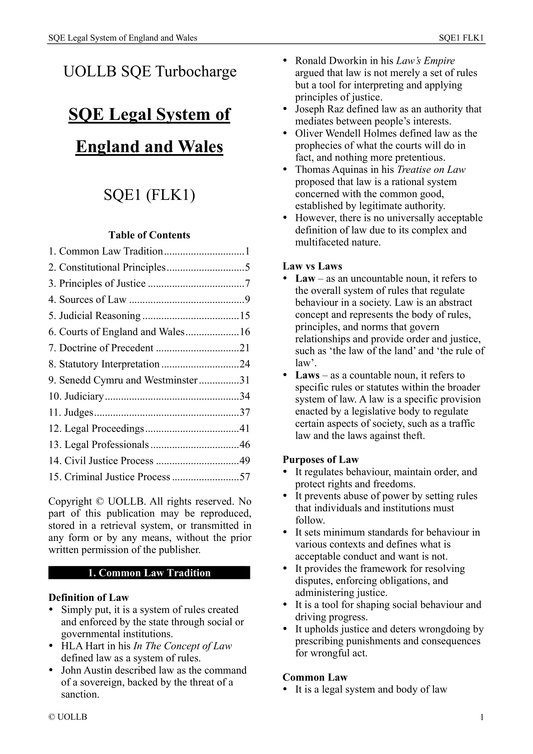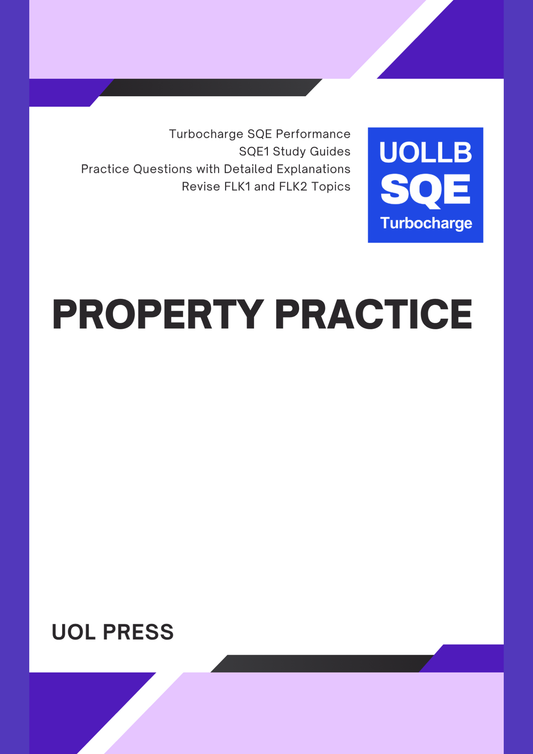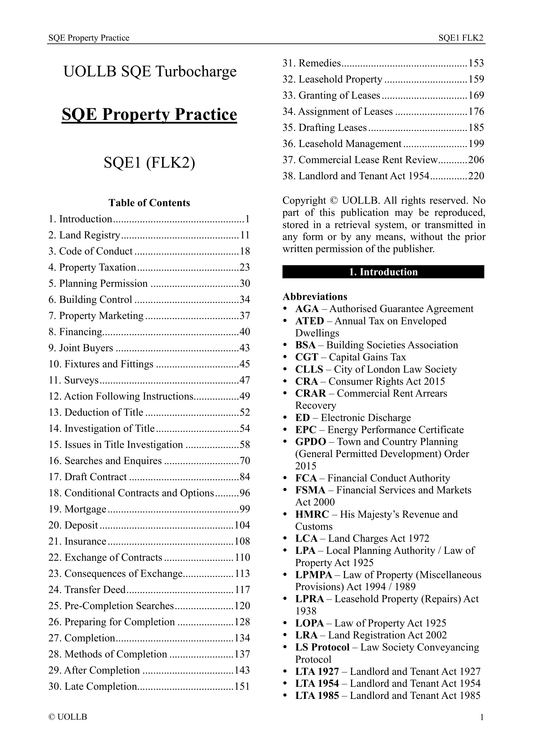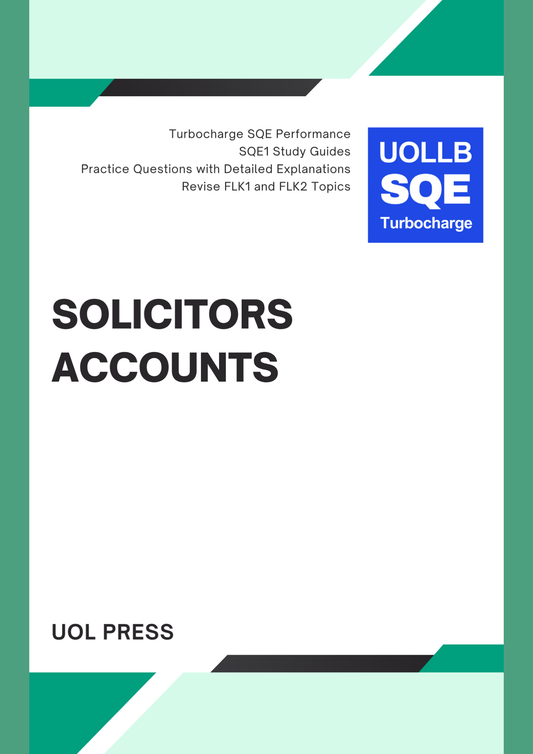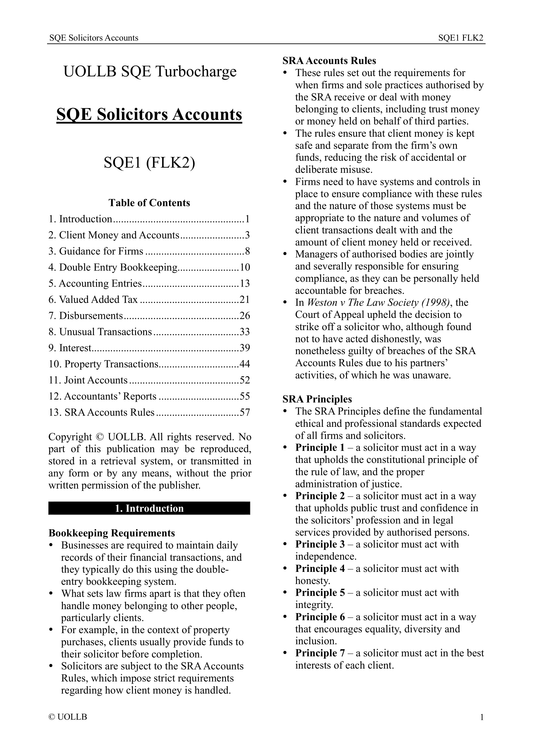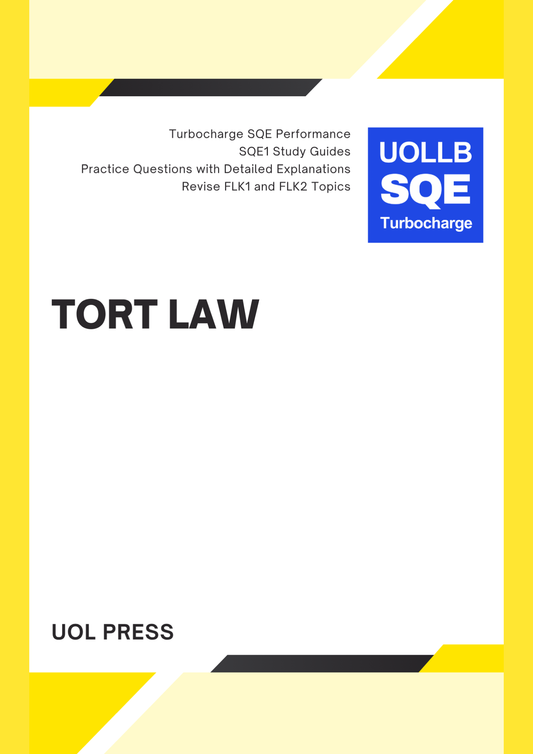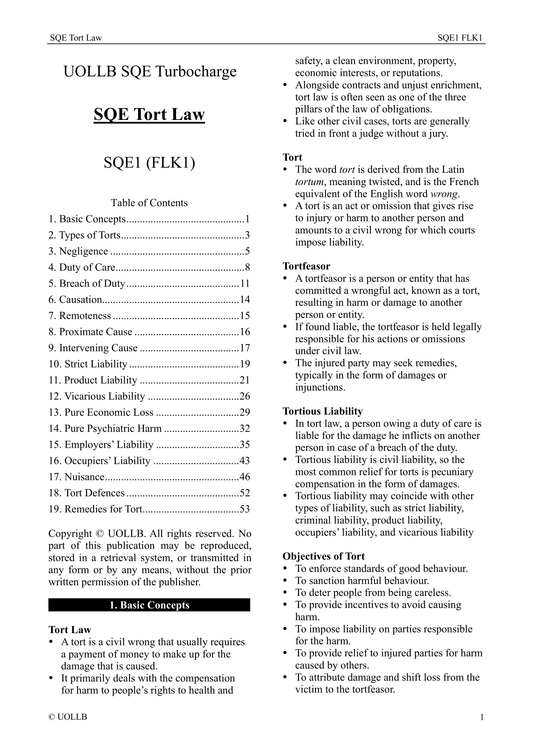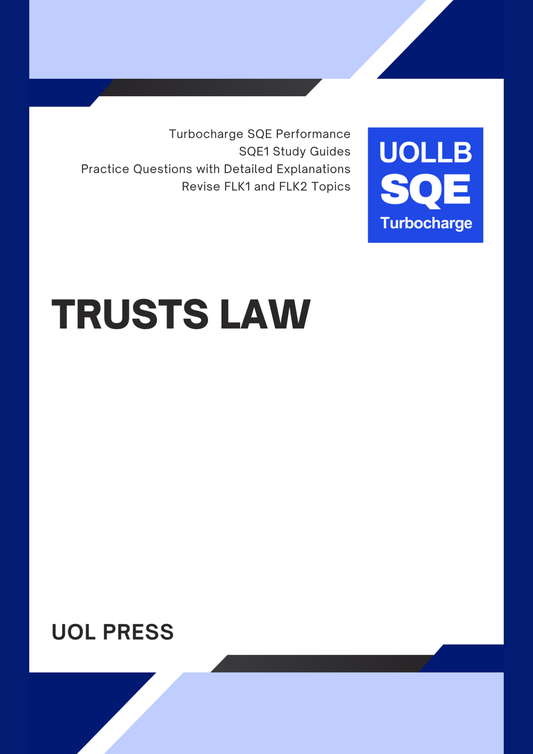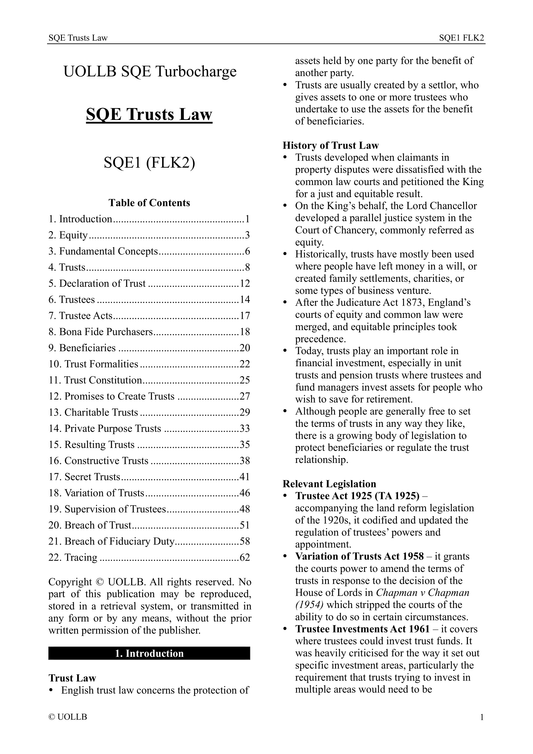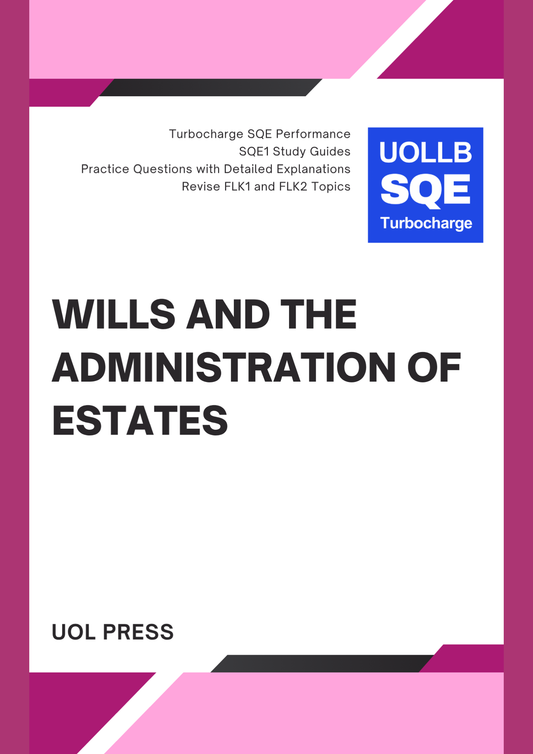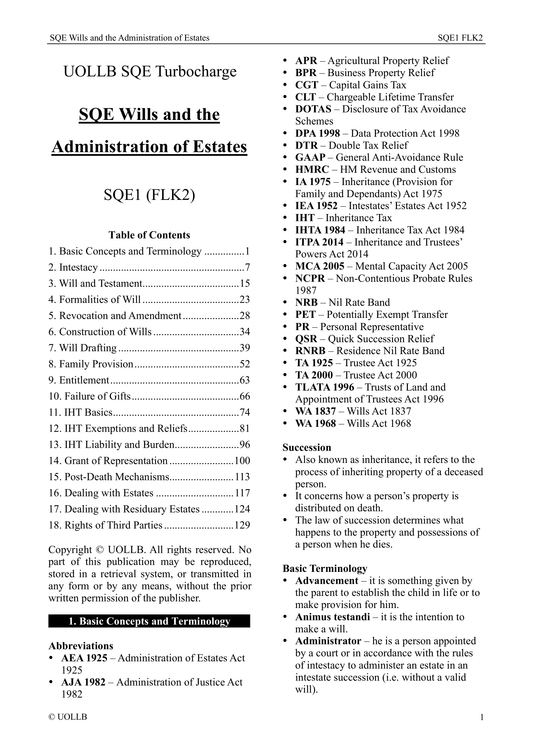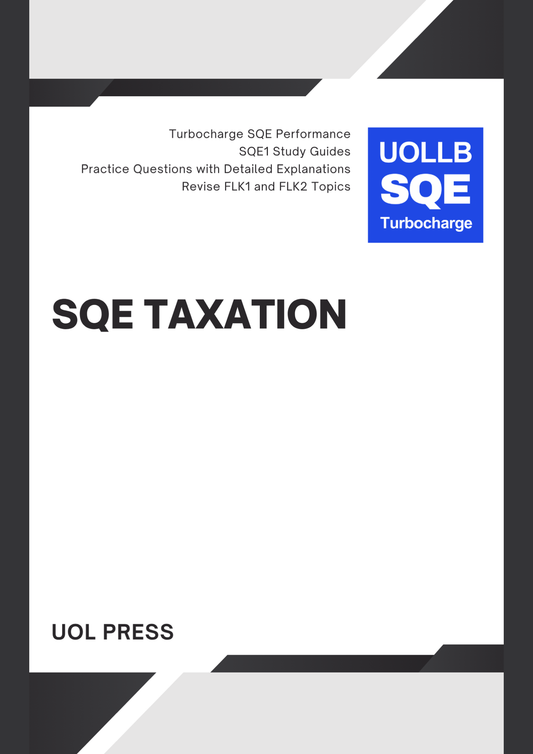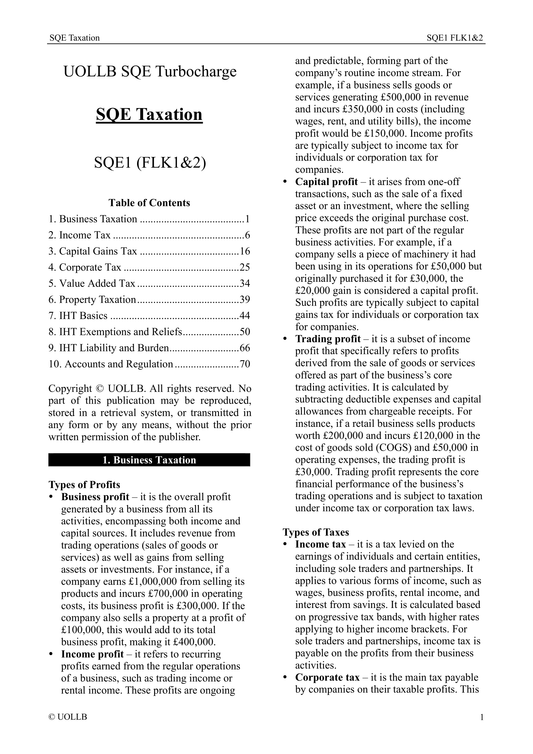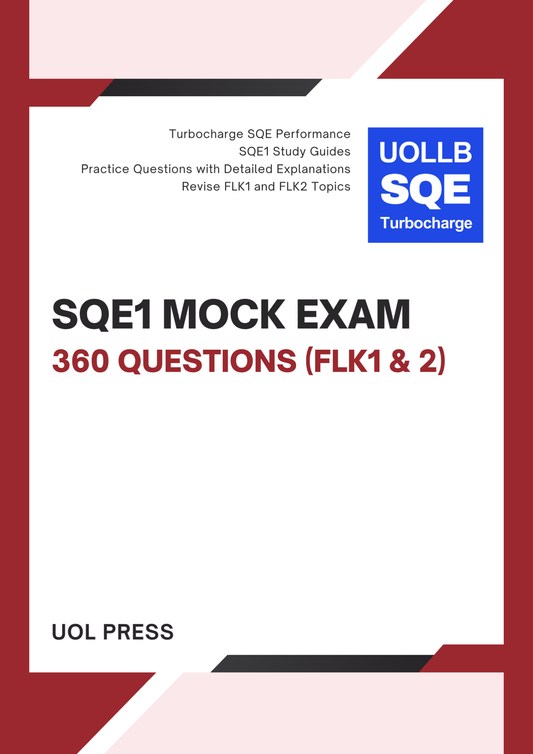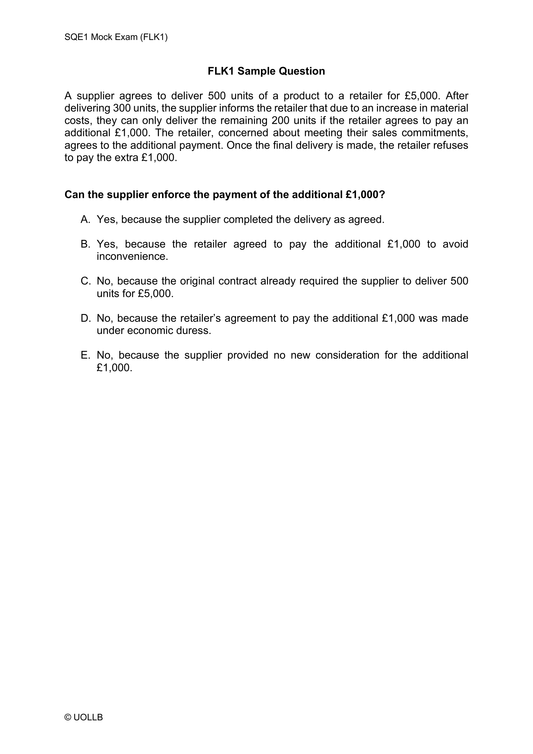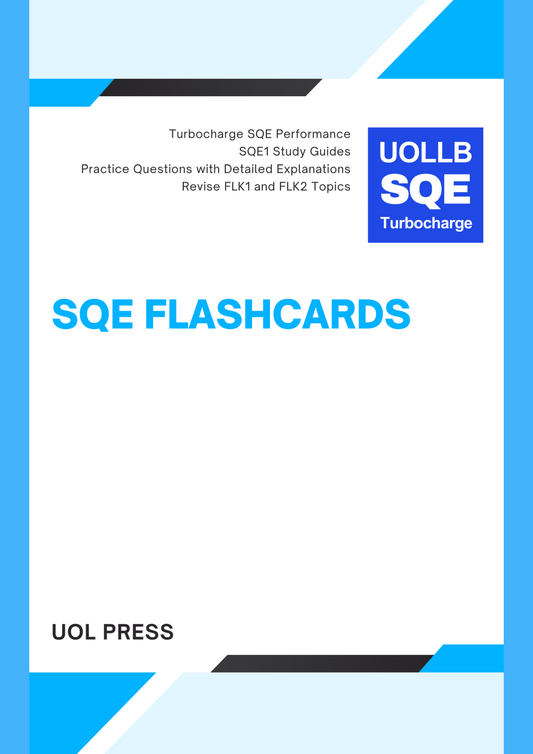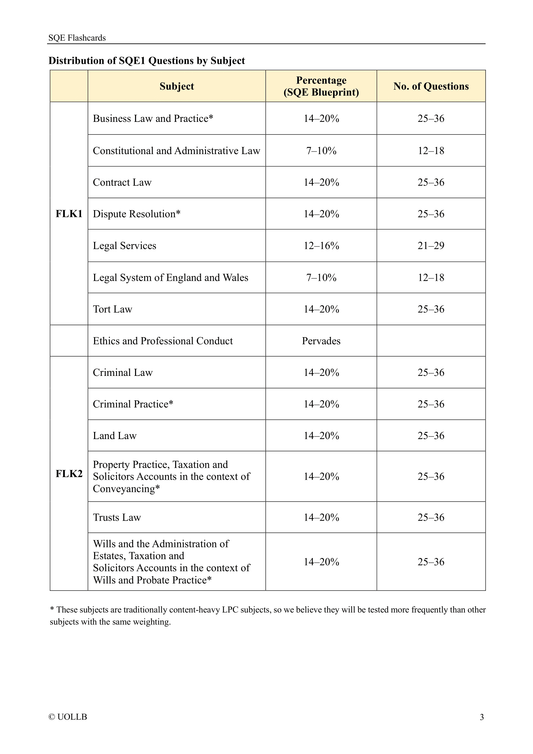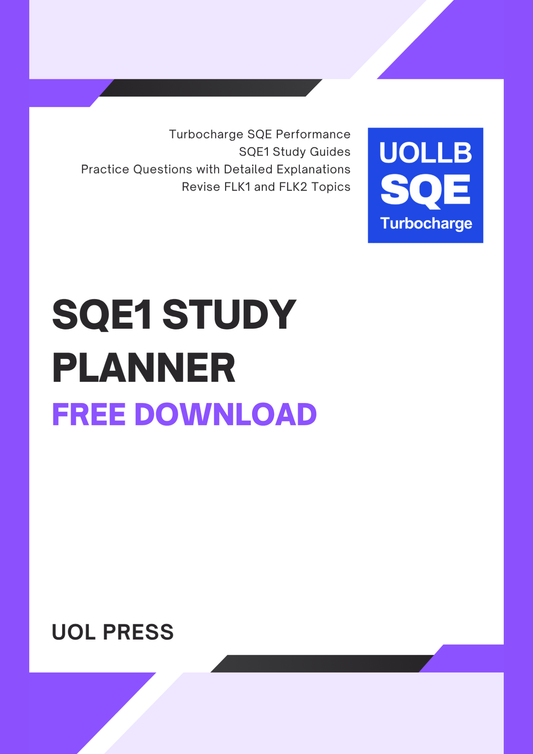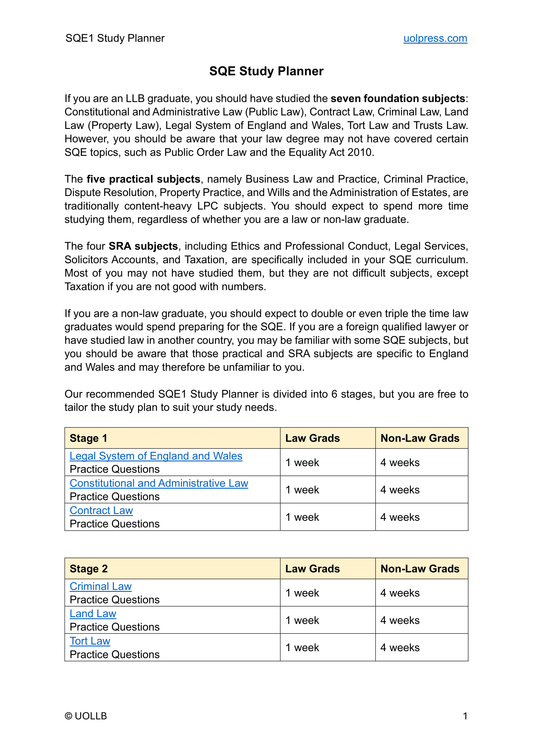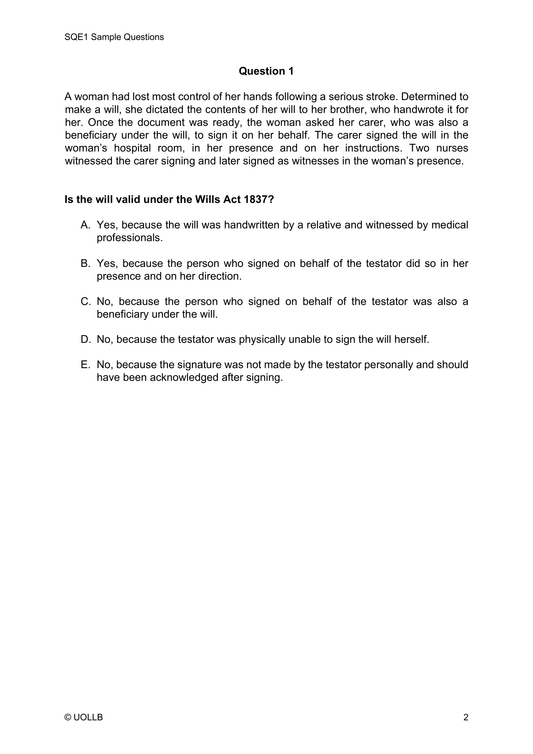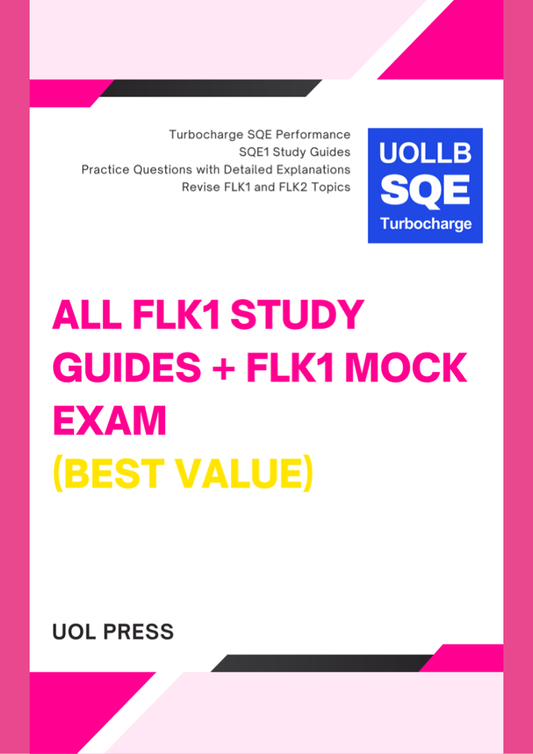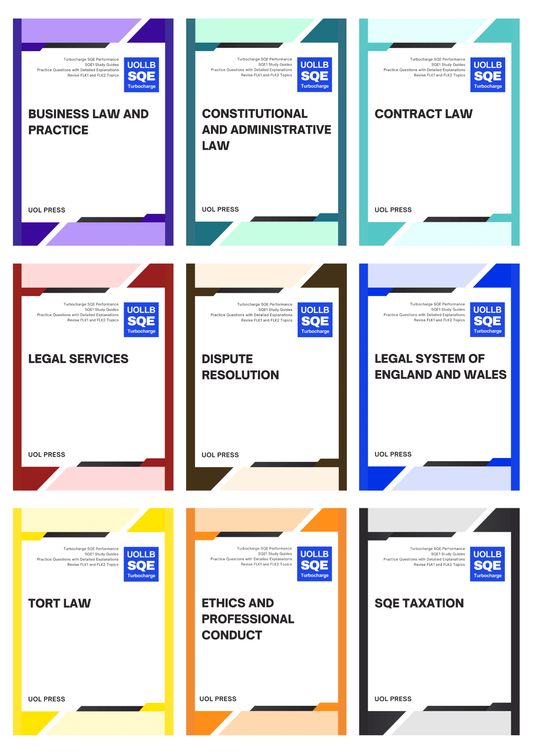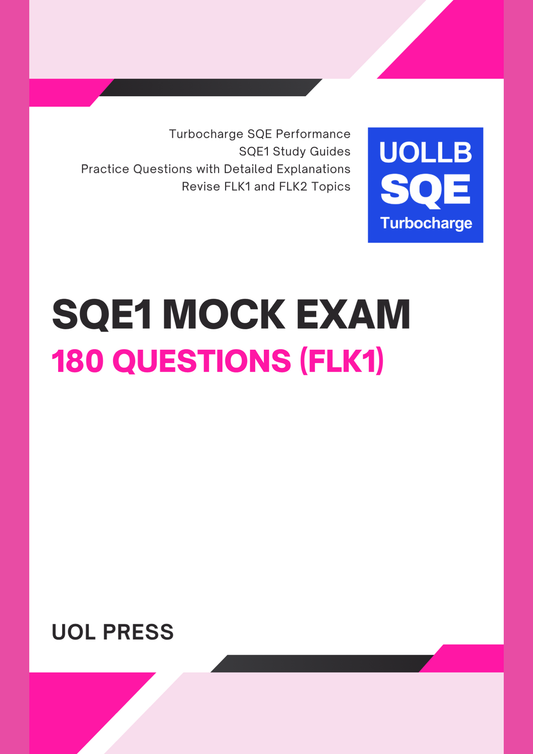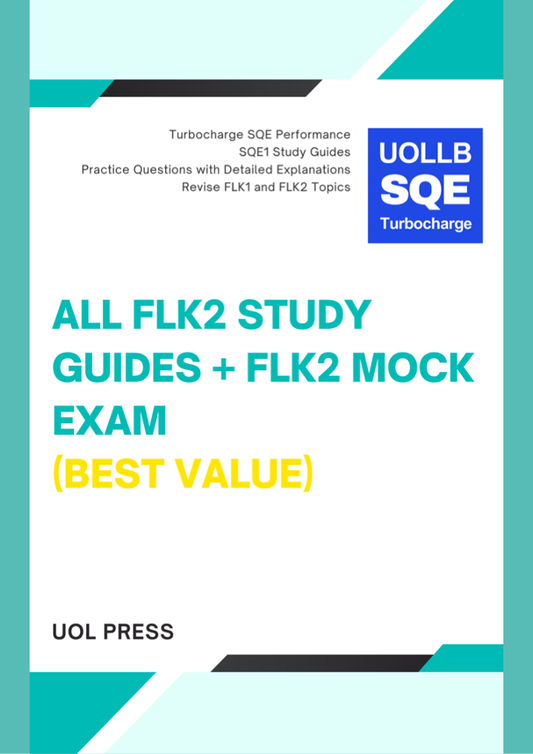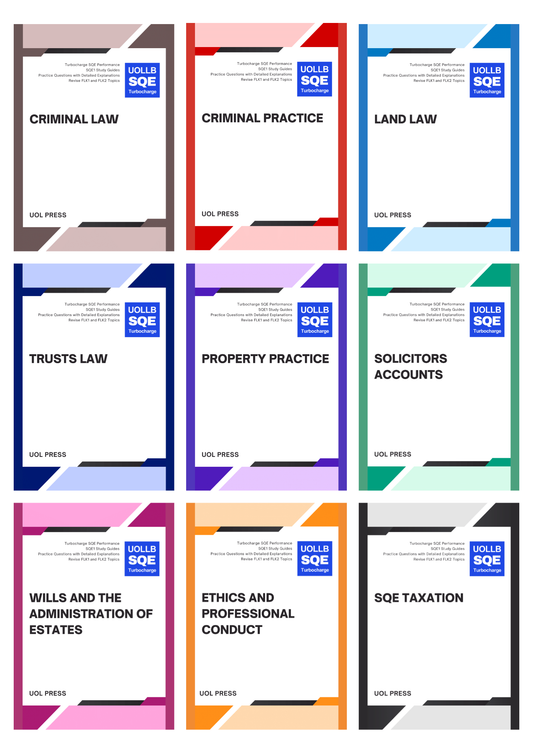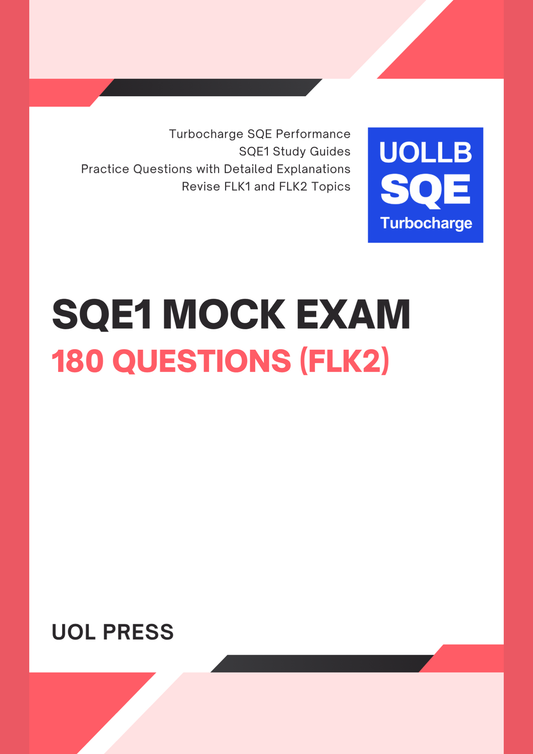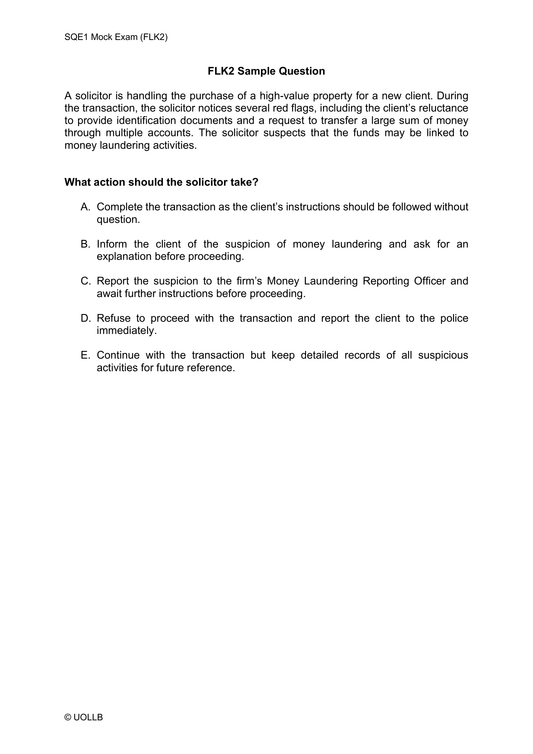Ethics and Professional Conduct in SQE1
Share
In the SQE1 assessments, you are required to demonstrate a firm grasp of ethics and professional conduct, which are critical aspects of legal practice. These areas are governed by the SRA Standards and Regulations, and you are expected to apply these ethical principles in a variety of legal contexts. Acting with honesty and integrity is at the core of the legal profession, and solicitors are held to high ethical standards to maintain public trust. In the assessments, ethics and professional conduct are integrated across all subject areas. You must be able to navigate complex ethical situations and make decisions that reflect the professionalism expected of a solicitor in England and Wales.
The SRA Principles are a central component of these ethical guidelines. The principles are designed to provide an overarching framework for how solicitors should conduct themselves, not just in specific cases but in their professional roles more generally. The purpose of the SRA Principles is to ensure that solicitors uphold the rule of law, act with integrity, and protect the public and clients by maintaining high standards of legal practice. The scope of these principles is broad, applying to all solicitors, firms, and regulated individuals, regardless of the area of law they practise or their level of experience. These principles cover fundamental aspects such as acting in the best interests of clients, ensuring confidentiality, avoiding conflicts of interest, and maintaining independence. The content of the SRA Principles includes obligations such as acting with integrity, maintaining public confidence in the legal profession, and promoting equality, diversity, and inclusion. In the SQE1 assessments, you will need to apply these principles in hypothetical scenarios and show how they would resolve ethical dilemmas and uphold the integrity of the profession.
You are also expected to understand and apply the SRA Code of Conduct. The Code of Conduct consists of two key components: the SRA Code of Conduct for Solicitors, RELs (Registered European Lawyers), and RFLs (Registered Foreign Lawyers), and the SRA Code of Conduct for Firms. The SRA Code of Conduct for Solicitors, RELs, and RFLs sets out the specific duties and responsibilities that individual solicitors and legal professionals must follow, ensuring they deliver services that are competent, ethical, and in line with client expectations. This code covers areas such as client care, confidentiality, conflicts of interest, and the proper management of client funds. It ensures that solicitors are accountable for their actions and maintain the professional standards required by the SRA. Meanwhile, the SRA Code of Conduct for Firms governs the responsibilities of law firms as a whole, with a particular focus on the conduct of Managers and Compliance Officers. Managers in authorised firms are responsible for ensuring that the firm complies with all regulatory obligations, while Compliance Officers have a specific role in monitoring and reporting compliance with the SRA's rules. Together, these codes ensure that both individuals and firms adhere to ethical practices, and you must demonstrate their understanding of these codes by applying them to real-world scenarios in the SQE1 assessments.
Ethics and professional conduct are examined across all subject areas in the SQE1 assessments. You are not simply tested on their knowledge of the SRA Principles and the Code of Conduct in isolation, but are required to show how these ethical standards inform their legal decision-making in various contexts. This means that ethical principles will be embedded in questions relating to different areas of law, such as contract law, criminal law, and property law, requiring you to think critically about how to act with integrity in a range of situations. For example, you may be asked how to handle a situation where there is a conflict of interest between two clients, or how to manage client funds in a way that complies with the Solicitors Accounts Rules.
The SRA Principles are a central component of these ethical guidelines. The principles are designed to provide an overarching framework for how solicitors should conduct themselves, not just in specific cases but in their professional roles more generally. The purpose of the SRA Principles is to ensure that solicitors uphold the rule of law, act with integrity, and protect the public and clients by maintaining high standards of legal practice. The scope of these principles is broad, applying to all solicitors, firms, and regulated individuals, regardless of the area of law they practise or their level of experience. These principles cover fundamental aspects such as acting in the best interests of clients, ensuring confidentiality, avoiding conflicts of interest, and maintaining independence. The content of the SRA Principles includes obligations such as acting with integrity, maintaining public confidence in the legal profession, and promoting equality, diversity, and inclusion. In the SQE1 assessments, you will need to apply these principles in hypothetical scenarios and show how they would resolve ethical dilemmas and uphold the integrity of the profession.
You are also expected to understand and apply the SRA Code of Conduct. The Code of Conduct consists of two key components: the SRA Code of Conduct for Solicitors, RELs (Registered European Lawyers), and RFLs (Registered Foreign Lawyers), and the SRA Code of Conduct for Firms. The SRA Code of Conduct for Solicitors, RELs, and RFLs sets out the specific duties and responsibilities that individual solicitors and legal professionals must follow, ensuring they deliver services that are competent, ethical, and in line with client expectations. This code covers areas such as client care, confidentiality, conflicts of interest, and the proper management of client funds. It ensures that solicitors are accountable for their actions and maintain the professional standards required by the SRA. Meanwhile, the SRA Code of Conduct for Firms governs the responsibilities of law firms as a whole, with a particular focus on the conduct of Managers and Compliance Officers. Managers in authorised firms are responsible for ensuring that the firm complies with all regulatory obligations, while Compliance Officers have a specific role in monitoring and reporting compliance with the SRA's rules. Together, these codes ensure that both individuals and firms adhere to ethical practices, and you must demonstrate their understanding of these codes by applying them to real-world scenarios in the SQE1 assessments.
Ethics and professional conduct are examined across all subject areas in the SQE1 assessments. You are not simply tested on their knowledge of the SRA Principles and the Code of Conduct in isolation, but are required to show how these ethical standards inform their legal decision-making in various contexts. This means that ethical principles will be embedded in questions relating to different areas of law, such as contract law, criminal law, and property law, requiring you to think critically about how to act with integrity in a range of situations. For example, you may be asked how to handle a situation where there is a conflict of interest between two clients, or how to manage client funds in a way that complies with the Solicitors Accounts Rules.

